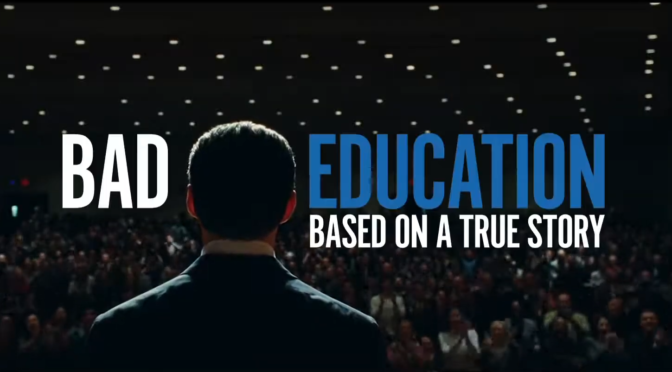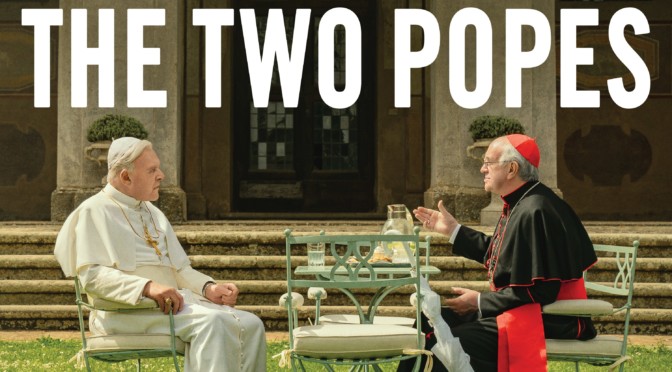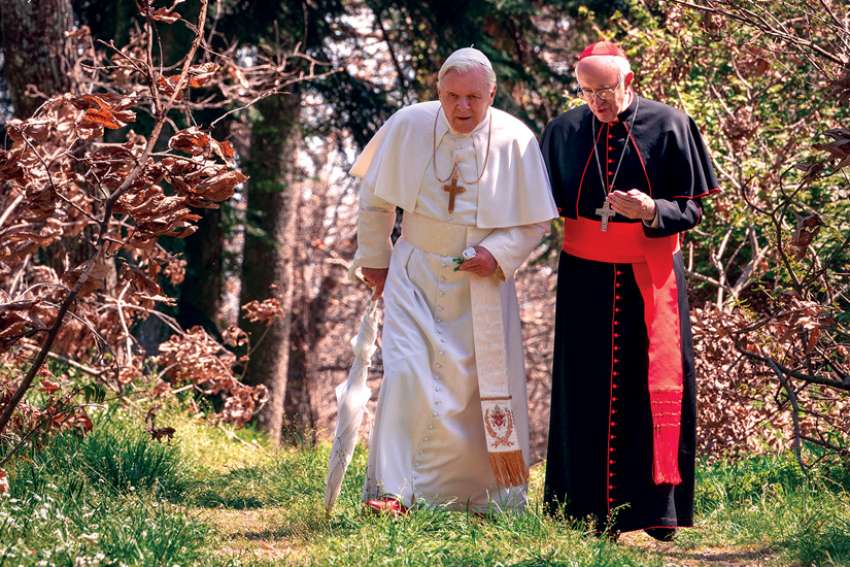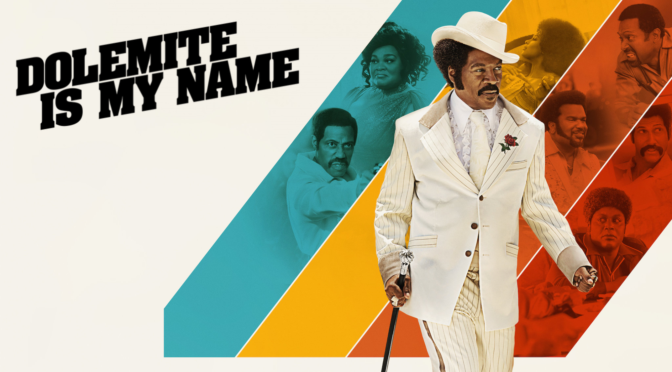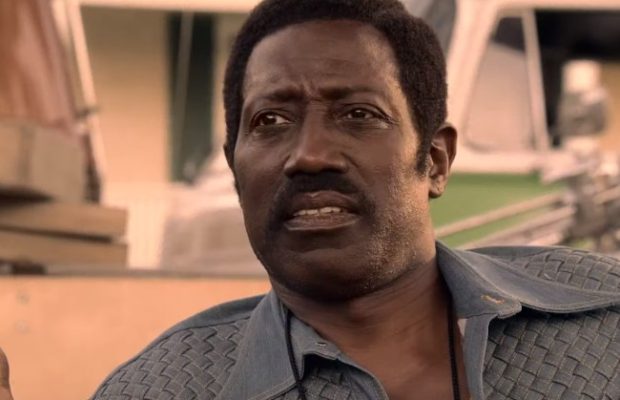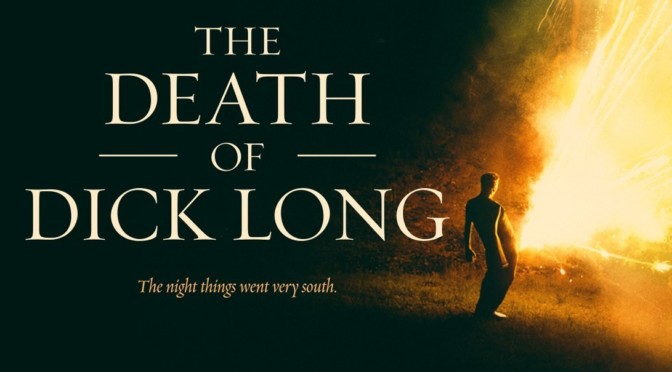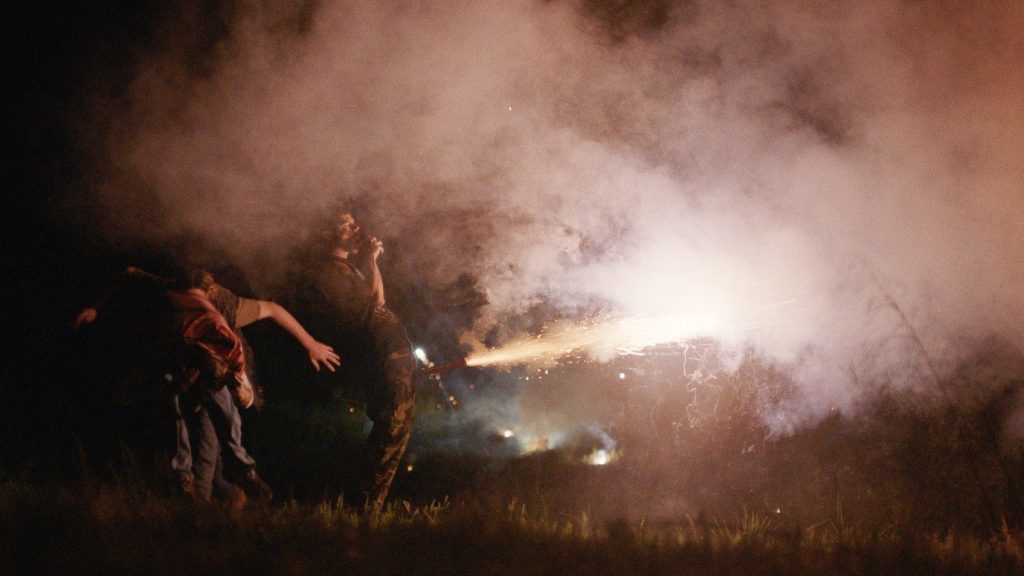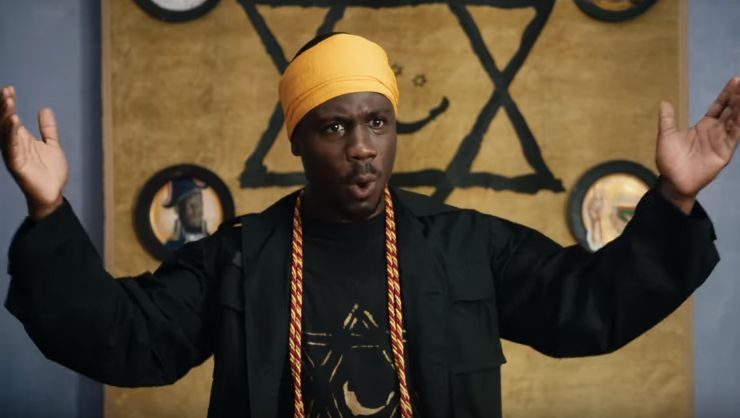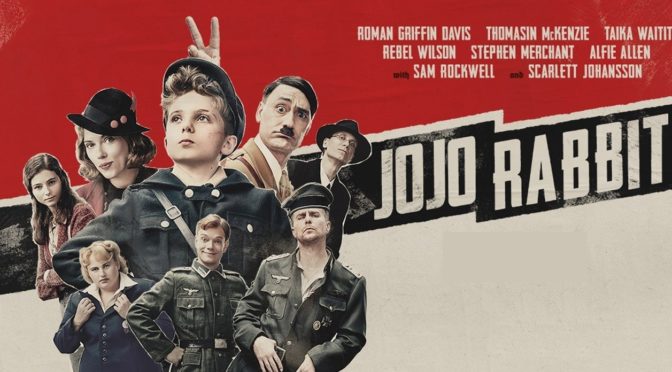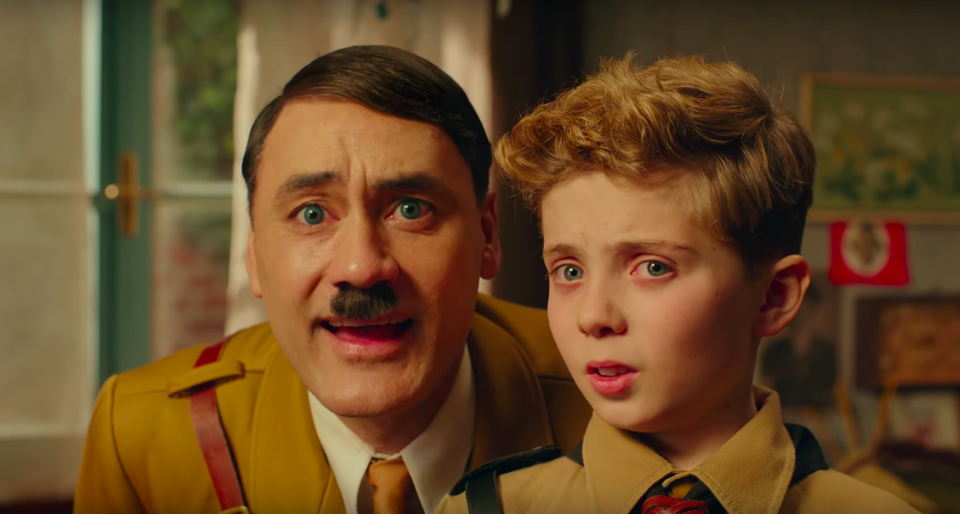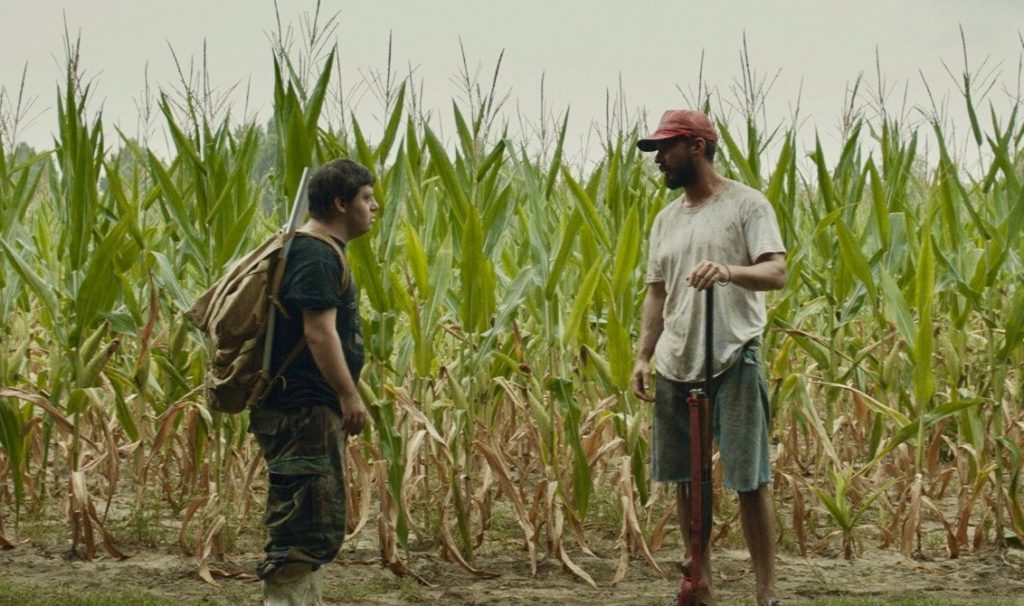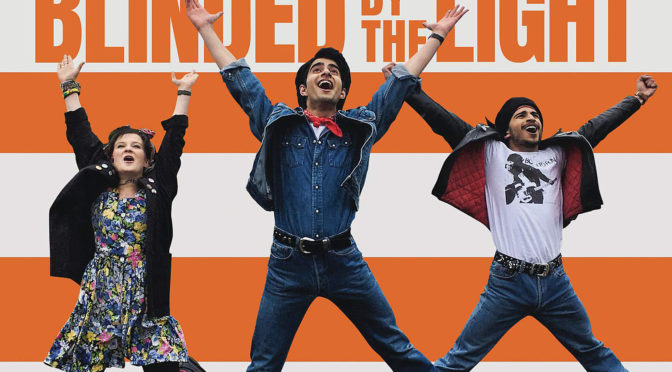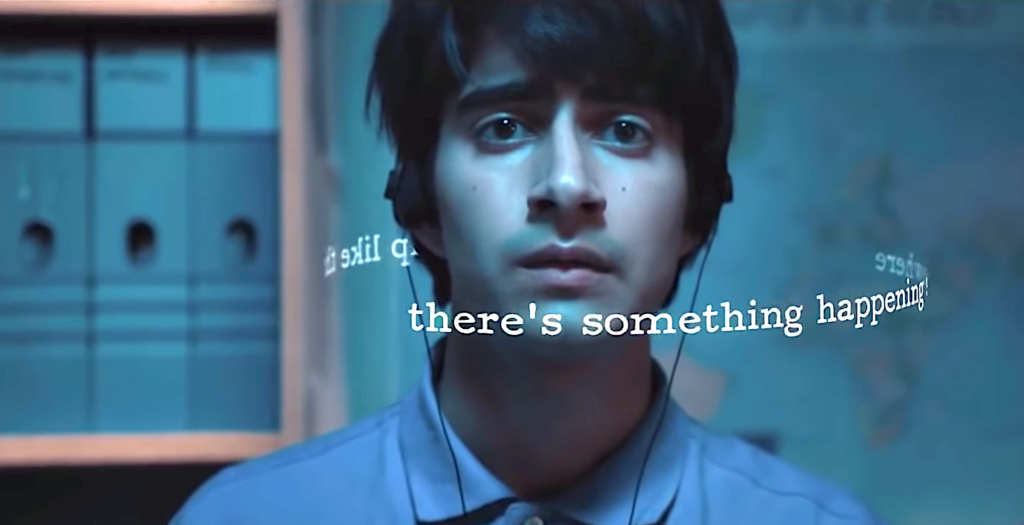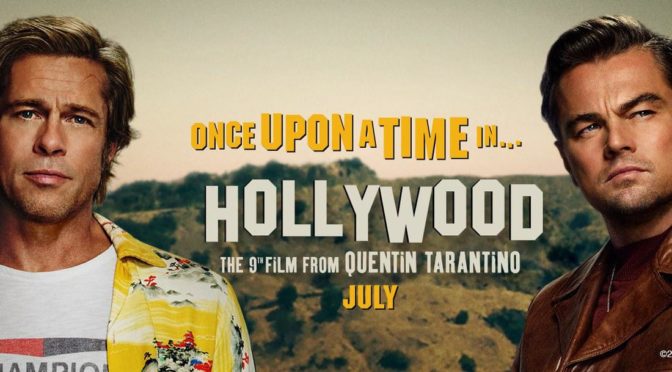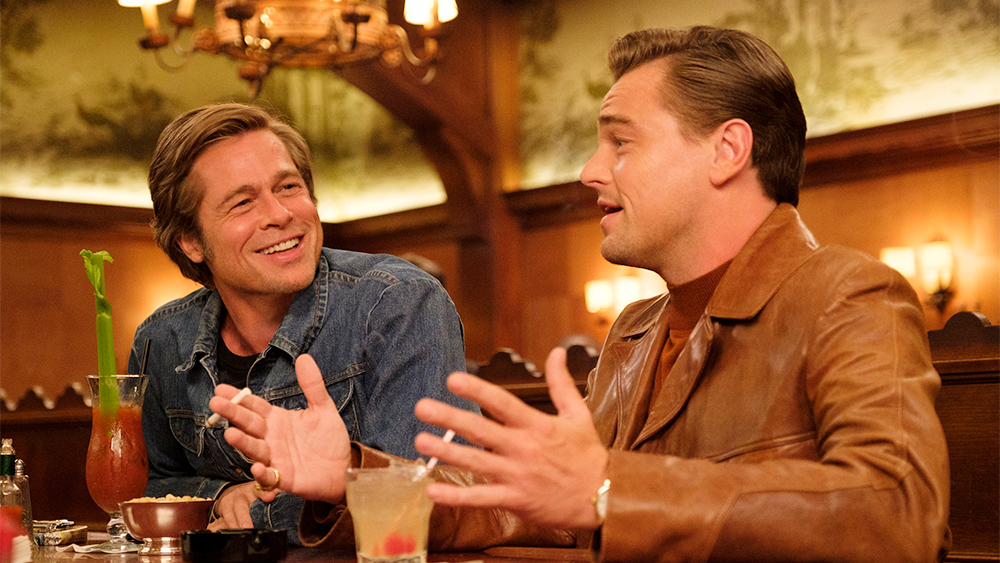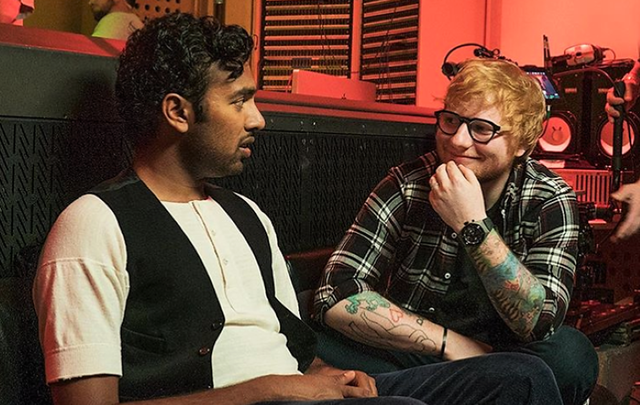Public schools are not the typical targets for embezzlement and fraud, but Bad Education proves otherwise. Set in Roslyn, a wealthy area of Long Island, NY, the film follows the district’s popular superintendent Frank Tassone (Hugh Jackman; Logan) as he prepares to submit his next budget to have a skywalk added to the high school. Beside him is his hardened assistant superintendent Pam Gluckin (Allison Janney; I, Tonya) who functions as the business manager, their school board chairman Bob Spicer (Ray Romano; Everybody Loves Raymond) and Rachel Bhargava (Geraldine Viswanathan; Blockers), a student writing an article for the school newspaper that uncovers discrepancies in the school’s accounts.
In some ways, this is a story about people caring about results without examining the process as long as the results were favorable. Tassone was seen as the man that took the high school to new heights. During his tenure, the high school became 4th in the nation with many of its students entering top schools like Harvard leading to an increase in property values and the script takes extra effort to repeatedly emphasize this point. Each individual in the system, directly or indirectly, was benefiting from his work. Families saw their home prices rise and their children received better education with a greater chance at a promising future. As long as that trend continued, Tassone had earned their trust and didn’t warrant further inspection despite some red flags.
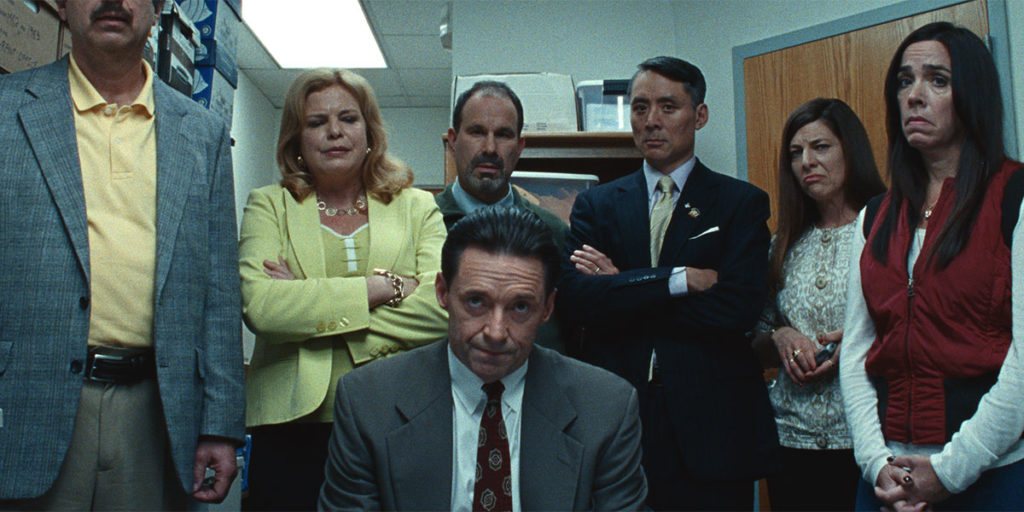
To make this willful disbelief believable requires a certain type of personality and Hugh Jackman brings that to the character. He is smart, well-dressed, and gregarious. He’s accommodating to everyone from junior staff to board members to parents and students and genuinely cares for their well-being and the overall success of the school. He works long hours and has improved the school in incredible ways and was able to use a cover story to create sympathy in others. Jackman plays Tassone as extremely well-behaved. He wears a ring on his finger and speaks of a young wife who died decades earlier that he still hasn’t moved on from. The tragic backstory makes him an almost saint-like figure to the community and Jackman gives him the easygoing confidence and charisma needed to understand how so many could have been swayed by his behavior.
Director Cory Finley (Thoroughbreds) weaves through the scandal from the perspective of the townspeople or board. We’re first introduced and ingratiated by the duo of Tassone and Gluckin only for the story to gradually reveal their true natures. While the script rightfully places blame on the administrators, it is not as scathing as expected. Finley spends more time humanizing than indicting which is a strange decision. It leaves viewers shocked at the audacity and the enormity of their crimes, but doesn’t create the blood-boiling level of outrage that recent films like Dark Waters or Just Mercy have. It’s a choice that shifts the focus from the crime to the cult of personality that allowed it, but unintentionally diminishes the lasting emotional response to the film, despite its intriguing story.

4/5 stars.
